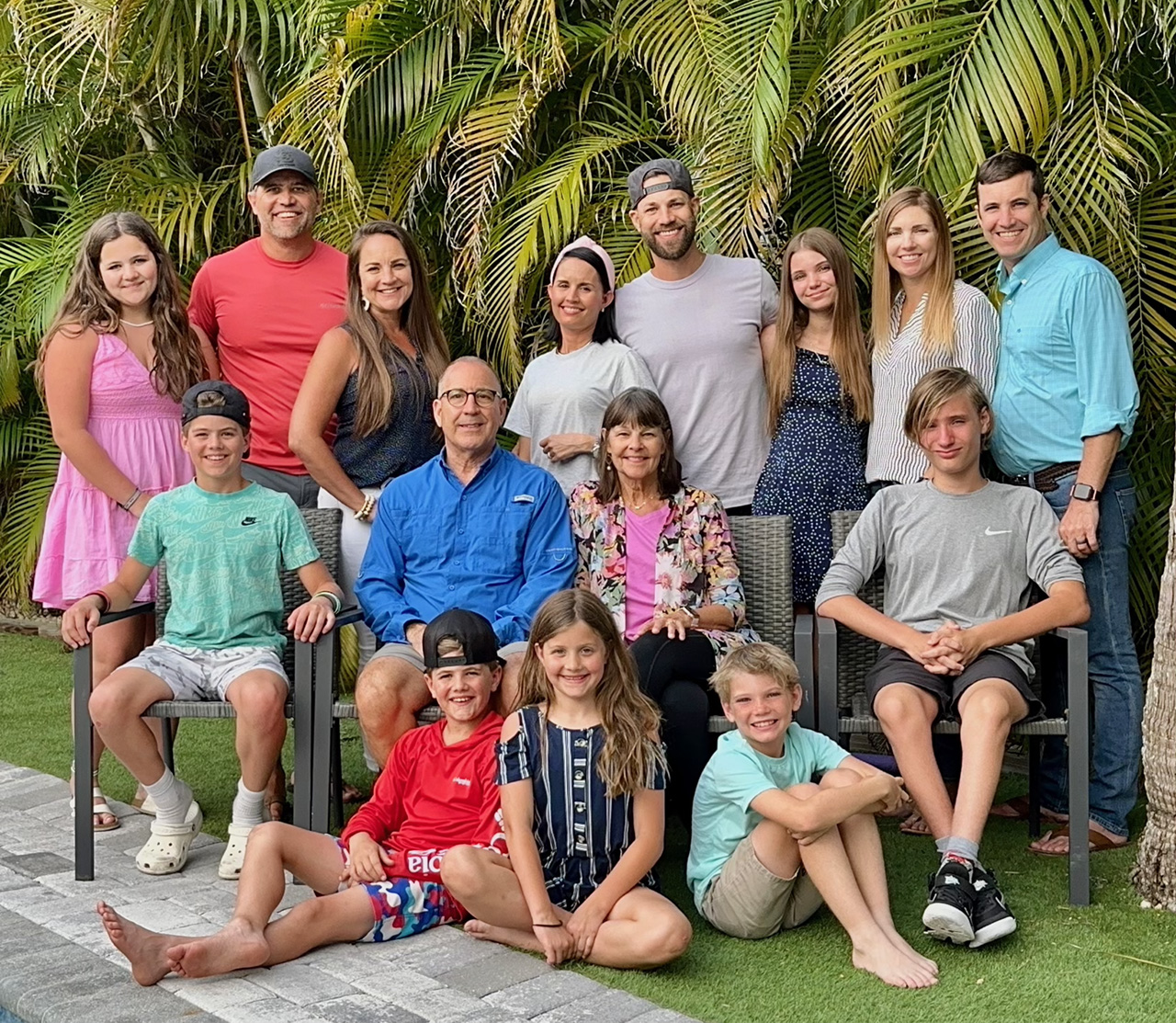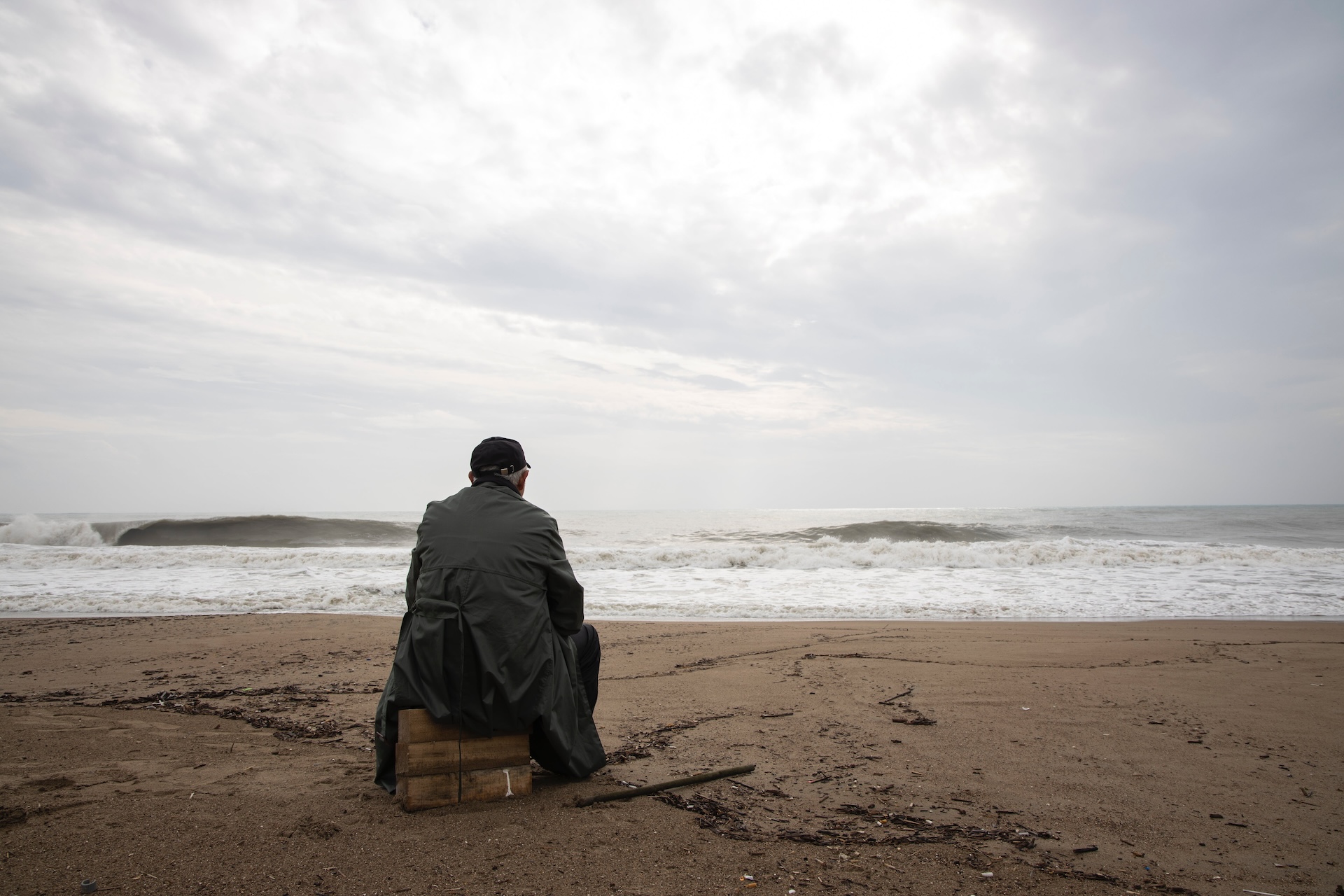Category: Thursday Thoughts
-

Admitting I am ignorant
About fifteen years ago I read the book entitled Mindset by Carol Dweck, which was very disturbing to me. She gives research that supports the idea that children often develop a fixed mindset or a growth mindset depending on how they were raised. The growth mindset was demonstrated through a continued willingness to learn and…
-

I’ve been wrong most of my life
Have you ever believed something for a very long time and then found out you were wrong? When this happens, you have a choice: either humble yourself, admit you were wrong at an emotional cost, or act like you believed it all the time at an integrity cost. I have been wrong most of my…
-

Jesus is my model for living
Welcome to 2024! I like to take time at the end of each year to reflect on four questions: As I reflect on each of these questions, I find it helpful to go back to the foundation of my worldview, Jesus Christ. Each of the four Gospels appear to approach the life of Jesus from…
-

What about the Tesla?
Several of you asked about what happened to my Tesla. God did his work in some unique and surprising ways. Tesla and I communicated back and forth several times. I was honest, kind, and yet forthright. Finally, they offered to accept my old Tesla as a trade-in at a decent value. This meant I was…
-

Having fun on the holidays
We had two of my three kids and their families over for Thanksgiving, and I inadvertently engaged them in a talk on politics. I only realized the danger of what I had done after I started the conversation. However, it was one of the most engaging and informative conversations I have had in a long…
-

Expectations or Expectancy
This season, I have been learning a lot about the difference between expectations and the attitude of expectancy. We all have, and I think, need expectations. They can be a source of great excitement or discouragement. It seems to me that there are a few options regarding expectations: The first option is accepted by many…
-

What does maturity have to do with life?
In listening to Bono’s audio autobiography, Forty Songs, One Life, he makes the comment that fame does and should change you. We call it growth. The only question is whether it changes you for better or worse. It is a good listen despite some of his language, length, and antics. There are several things in his…
-

What makes a superpower?
We all meet a lot of people over our lifetimes; therefore, the older we get, the more people we have met. The question I have come to consider is, “How have the many people I have met throughout my life impacted who I am today?” I have wondered why some people have had significantly more…
-

Peter’s Gratitude List
My brother-in-law, Peter Anderson, passed away on September 30, 2023, at 71 years of age of brain cancer. Peter finished well. He had spent over 50 years battling alcoholism and finally reached sobriety twelve years before he died. During the last decade, Peter and I read more books together than I could count. He would…